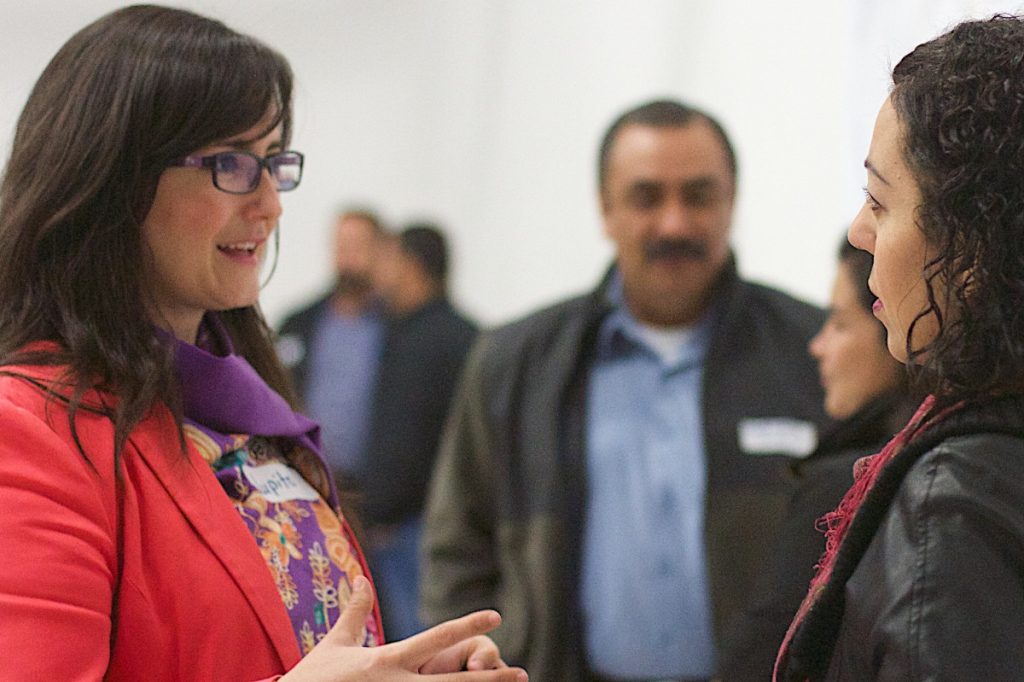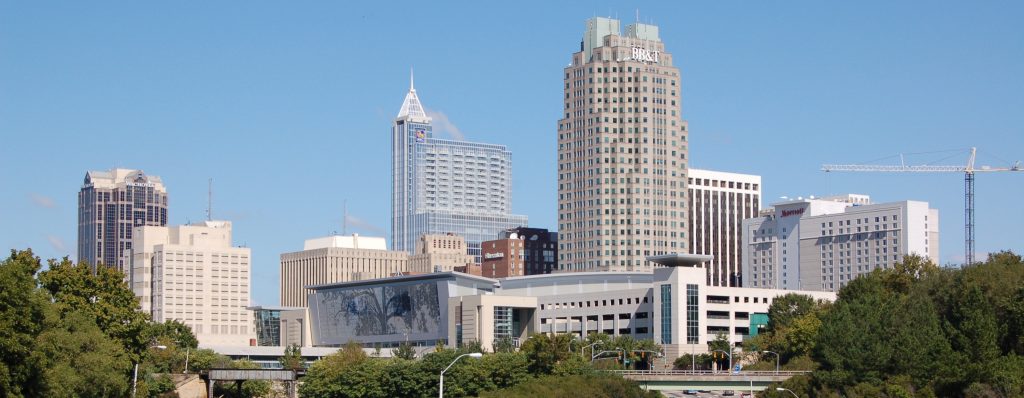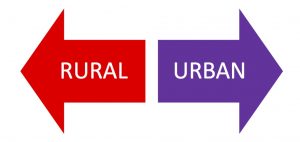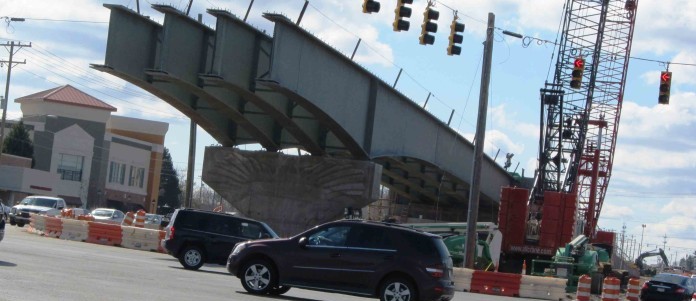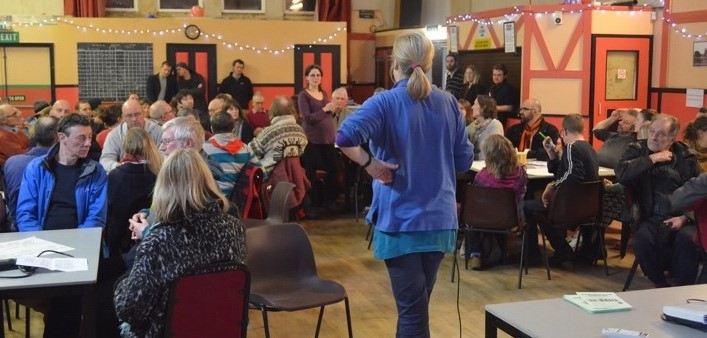
Rising income inequality is a growing concern in the United States, undermining economic mobility and civic trust. A majority of Americans believe income inequality is a significant problem that needs policy solutions, but what if the continued widening gap between the haves and the have nots restricts the ability of citizens to propose remedies? Income inequality at local levels may weaken citizens belief and engagement in political institutions and undermine one of the hallmarks of American democracy – citizen participation.
In a research article recently published in the American Review of Public Administration, I addressed those concerns using a survey of small and mid-sized American cities to see how changes in income inequality within those communities impacted whether citizens participate in decision making with several government departments (policy, city and parks, economic development, budgeting, and the mayor).

